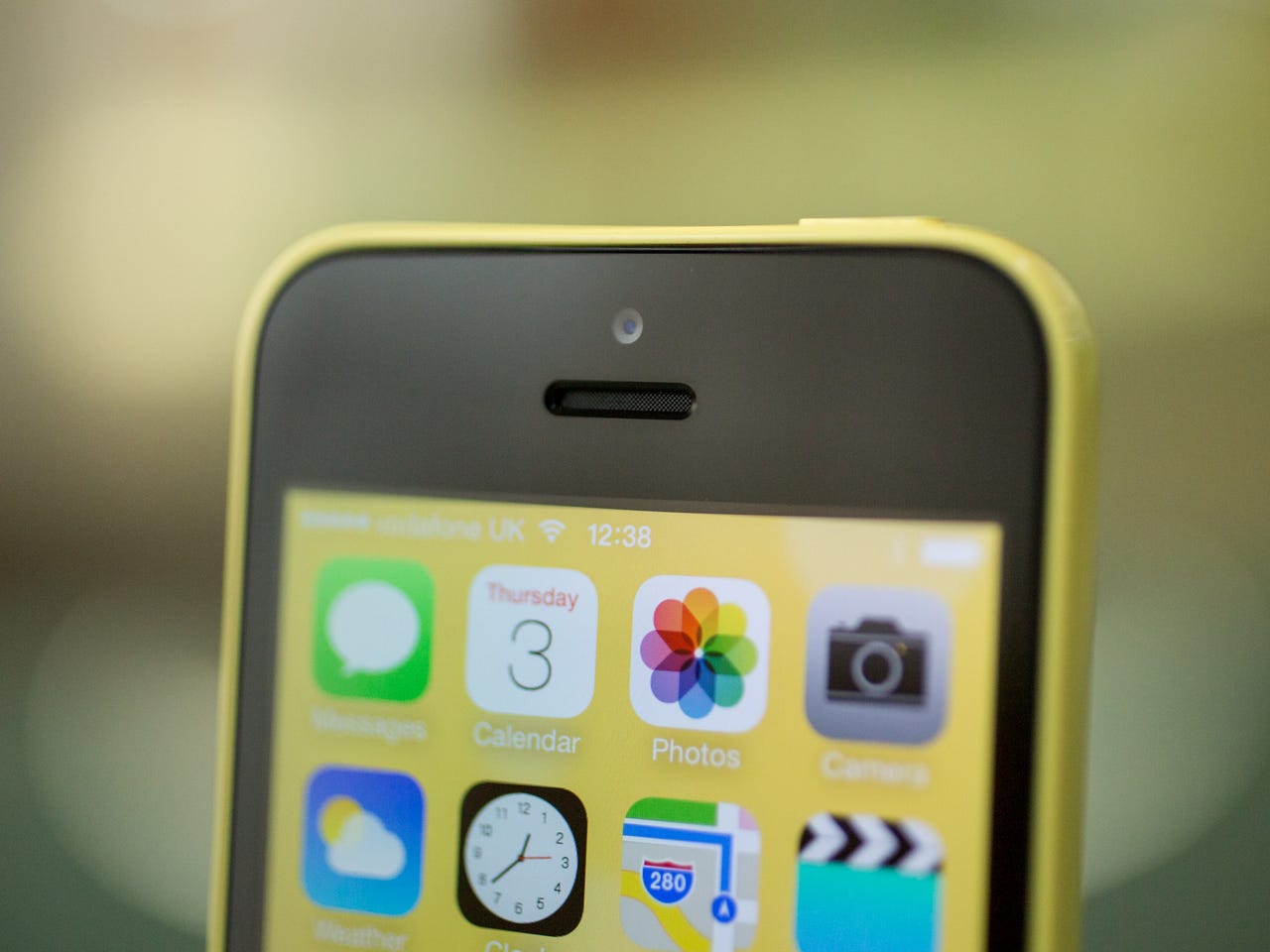NSA finally admits why it couldn't hack San Bernardino shooter's iPhone

It can tap undersea fiber optic cables, force leading technology giants to turn over a limitless supply of user data, and listen in on the phone calls of every person in the Bahamas -- and more.
Yet when it comes to cracking into an iPhone 5c, the National Security Agency was stumped.
NSA deputy director Richard Ledgett said at a conference on Friday (via The Intercept, which first reported the story) that the NSA has to prioritize its resources in a utilitarian way -- in that it will focus its resources on cracking the popular devices among suspected criminals, rather than the more popular devices, like iPhones.
"If we don't have a bad guy who's using it, we don't do that," Ledgett told attendees.
That's likely the reason why the agency couldn't access the phone, thought to contain evidence needed by the FBI in the San Bernardino shooting case.
Earlier this year, the FBI kickstarted a firestorm between the government and American tech titans by taking Apple to court over its refusal to help unlock an iPhone used by one of the shooters.
Apple said it couldn't crack the encryption on the device, which it added in the wake of the Edward Snowden revelations.
When the FBI asked the NSA, which has a history of breaking into networks and devices, earlier this year to break into the shooter's phone, FBI director James Comey said his Fort Meade, MD-based colleagues were unsuccessful.
Comey said that without help from Apple, federal agents aren't ever getting into the terrorist's iPhone.
It was a little surprising a few weeks later when the FBI unexpectedly dropped its case against Apple a day before a court hearing, because "an outside party demonstrated to the FBI a possible method" for unlocking the phone.
Comey later said the FBI paid more than $1 million in a one-time fee for the hack.
(via The Intercept)
